
Entrepreneur. Previously HouseTrip (sold to TripAdvisor), now https://t.co/C4SmZQ8bl6
Subscribe if you like what I write
141 subscribers
How to get URL link on X (Twitter) App

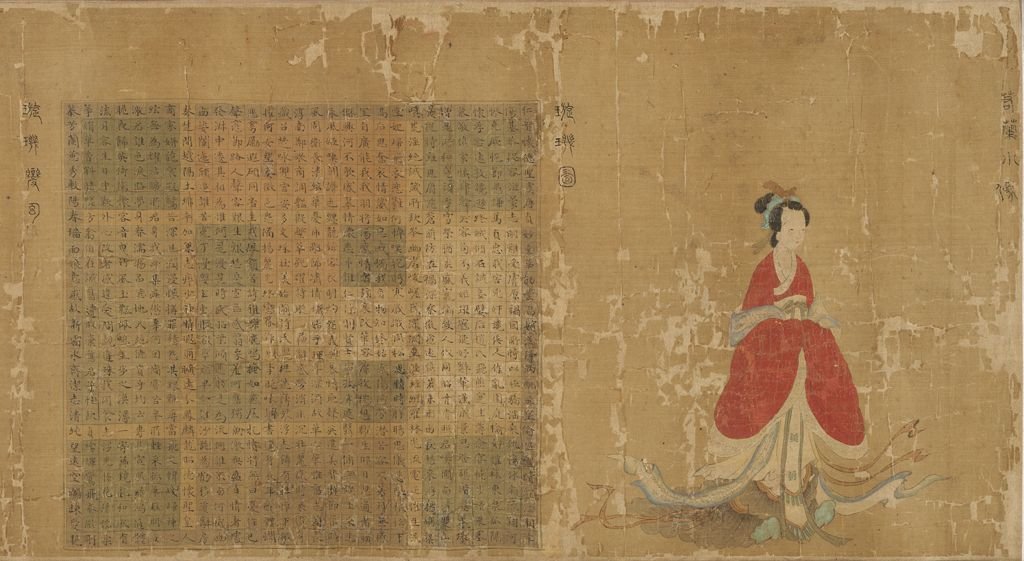

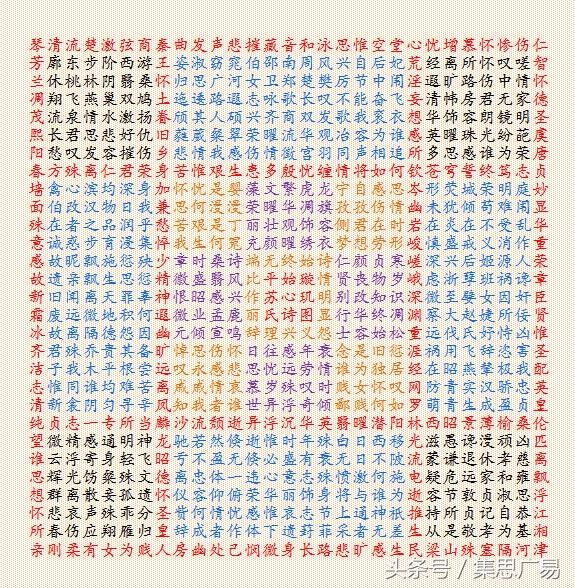 🤣
🤣https://x.com/i/status/1999343911702266048




 Good summary for the lazy readers 😊
Good summary for the lazy readers 😊https://x.com/BobgonzaleBob/status/1996832802113831071?t=qjDFHyjCmIxonlENhIosmA&s=19
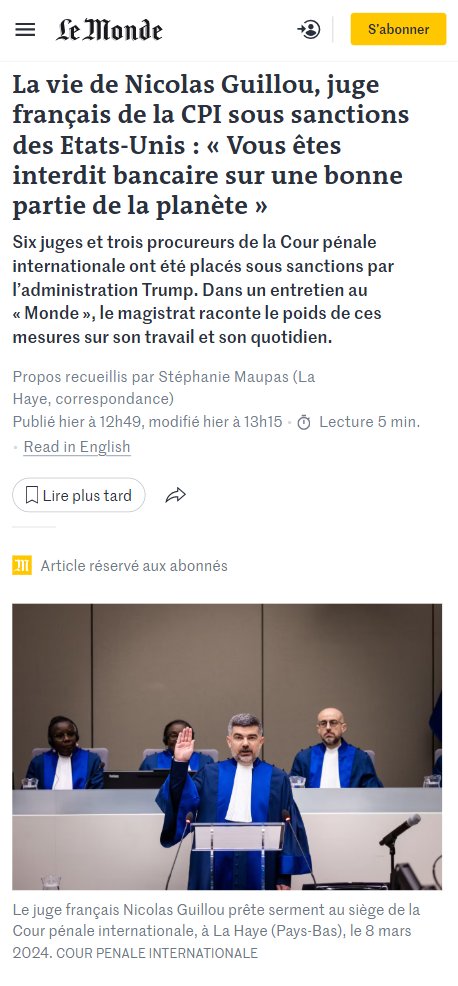
 I already wrote about this when I visited the ICC this summer 👇
I already wrote about this when I visited the ICC this summer 👇https://x.com/RnaudBertrand/status/1957865502631428327?s=20
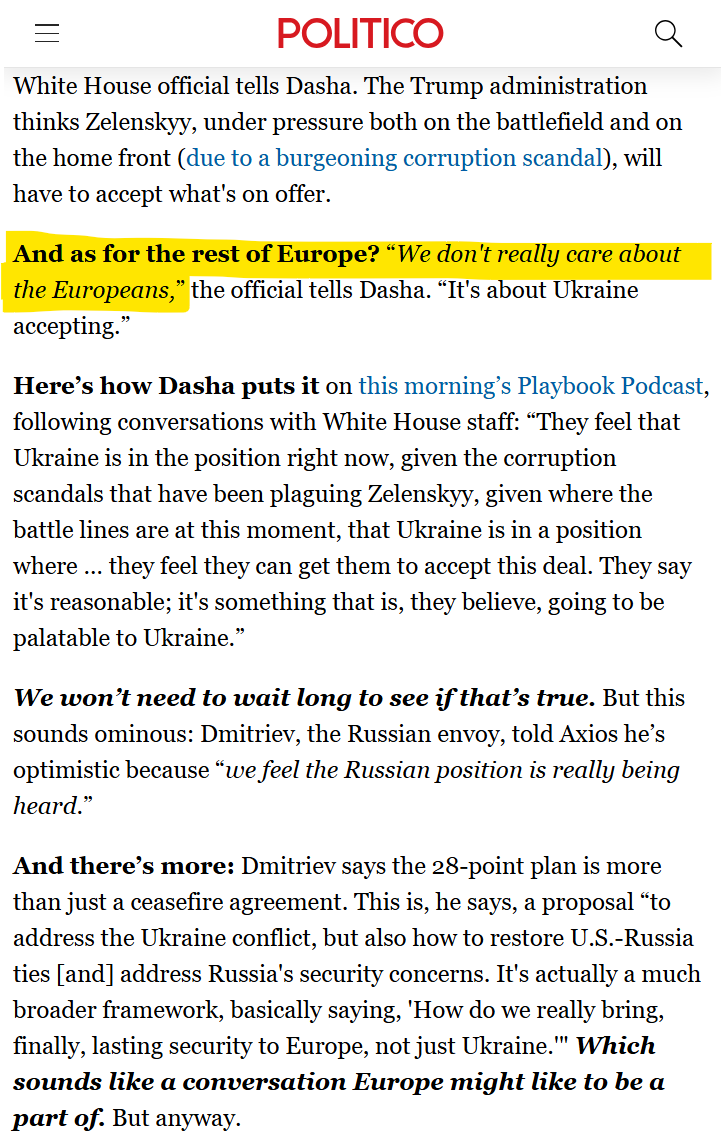
 Caveat: Tass (Russia's official news agency) says "Russia has no OFFICIAL information from US about some 'agreements'" 👇
Caveat: Tass (Russia's official news agency) says "Russia has no OFFICIAL information from US about some 'agreements'" 👇

https://x.com/RnaudBertrand/status/1984767831095779662Correction for the French purists ☺️
https://x.com/RnaudBertrand/status/1985295364233347319?t=np1UDe5j_Os0whCXn-pDaQ&s=19

https://x.com/zzbar/status/1984822064881008689


https://x.com/NobelPrize/status/1976574190049247348

 And then there's this 👇 Only 2 polling stations opened in the whole of Russia for Moldovans who live there to vote, vs 301 in the EU
And then there's this 👇 Only 2 polling stations opened in the whole of Russia for Moldovans who live there to vote, vs 301 in the EUhttps://x.com/DD_Geopolitics/status/1972175689404370969?t=RTO7B7NHGQ5zCbodAnFBZw&s=19

 While in The Hague, we also went to check out the ICJ, the other big international law organization based here (in the so-called "Peace Palace").
While in The Hague, we also went to check out the ICJ, the other big international law organization based here (in the so-called "Peace Palace").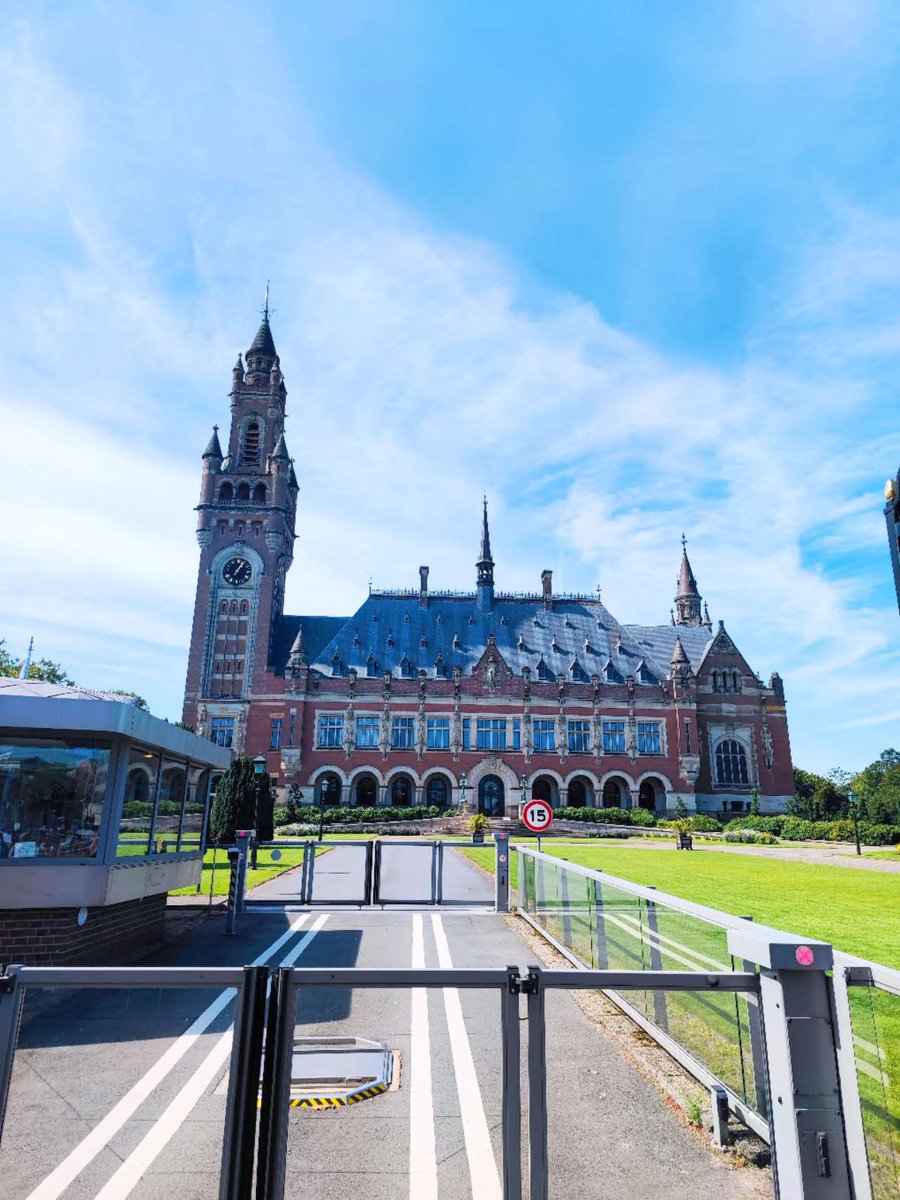



https://x.com/RnaudBertrand/status/1677953679272611841


https://x.com/JamesSurowiecki/status/1907657860793696281



 Actually if you read the report it's 13 million tones for China x.com/realSandkraken… Which corresponds to 14.3% of global captures of aquatic animals, which is less than Europe with 15.2 million tones or 16.7% of global captures. This is of course despite China having twice Europe's population...
Actually if you read the report it's 13 million tones for China x.com/realSandkraken… Which corresponds to 14.3% of global captures of aquatic animals, which is less than Europe with 15.2 million tones or 16.7% of global captures. This is of course despite China having twice Europe's population...
 A list of some of the attendees 👇
A list of some of the attendees 👇https://x.com/shen_shiwei/status/1891363977722241261


 For people wondering where the hell I found the app, given it's not on Western app stores: apkpure.com/douyin/com.ss.…
For people wondering where the hell I found the app, given it's not on Western app stores: apkpure.com/douyin/com.ss.…
https://x.com/kevinsxu/status/1872492822529495251?t=Ec-rcEx51gIhqqaxyQQqng&s=19